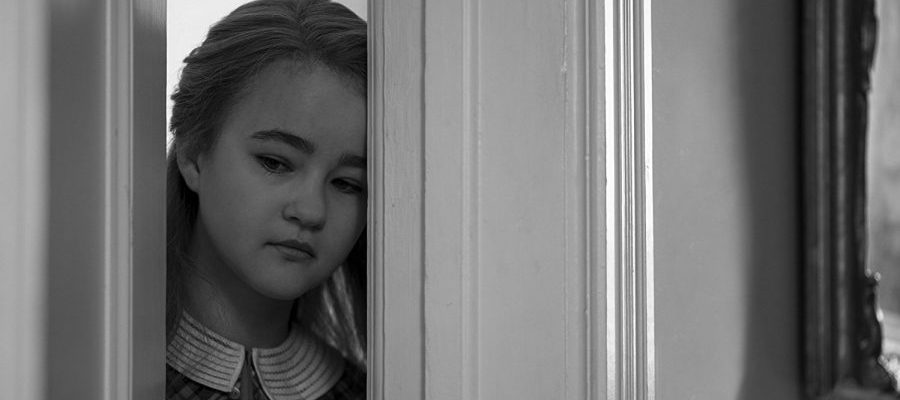Review: While Predictable, Beautiful 'Wonderstruck' Has Great Performances

Cameron Lee ’20 / Emertainment Monthly Contributor
Todd Haynes was one of the leading figures of the new queer cinema movement of the 90s and has made films such as I’m Not There and Carol that subverted their respective genres and drew beautiful and complex portraits. Now Mr. Haynes has created a film for an audience that has alluded him for his entire career. This film should feel familiar if you have seen Martin Scorsese’s 2011 film Hugo, which shares a lot of similarities with this film as this its source material and script was written by Brian Selznick, who also wrote the novel, Hugo. Wonderstruck is an ideal film for families and is a great artistic love letter not just to New York, but to cinema as well.
The story takes place in two timelines; Rose (Millicent Simmonds) is a young deaf girl in New York in 1927 searching for an actress she idolizes and Ben (Oakes Fegley) is a recently orphaned boy who runs away from his home in Minnesota after he becomes deaf in a freak lightning storm accident. He then travels to New York to find his long-lost father.

The 1927 segments are in black and white and feature no sound which was a great decision by Mr. Haynes, as it immerses the audience into Rose’s point of view and, at the same time, pays tribute to the silent film era of the 20s.

Julianne Moore also gives another great performance – which isn’t surprising, as she has never been bad in anything, even if the film is horrible. Talking about the characters she plays would spoil some reveals in the film, but she continues to challenge herself in new ways that will surprise viewers.

It may not be the successor to Carol Todd Haynes fans have been clamoring for, but it’s definitely the best family film that’s out there this year. The film won’t leave you “Wonderstruck” but it will most certainly leave you feeling moved by its warmth and charm.
Overall Grade: B+
Watch The Trailer:
[embedyt] https://www.youtube.com/watch?v=o1vV0oorclg[/embedyt]